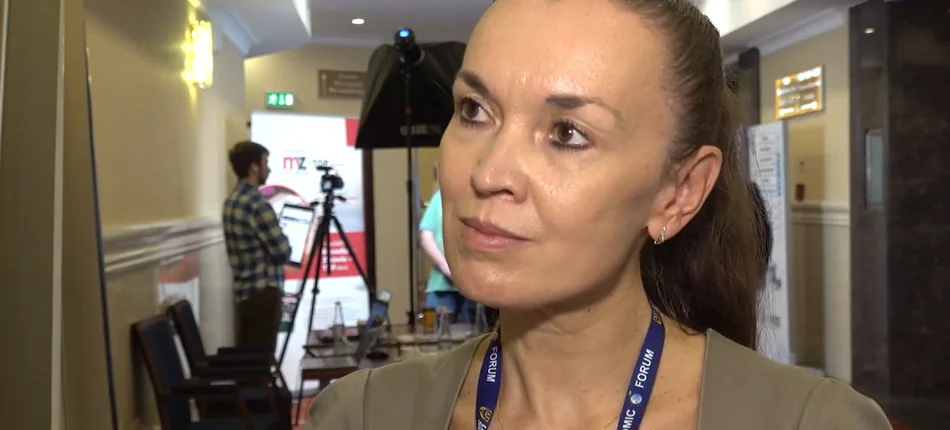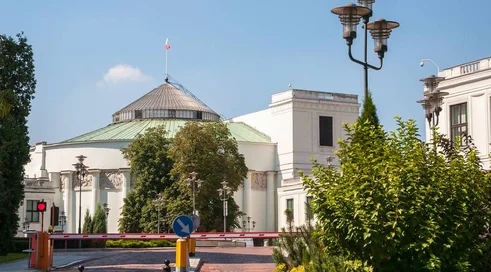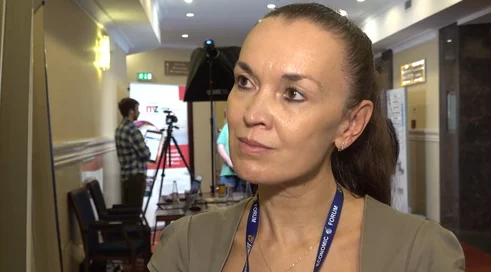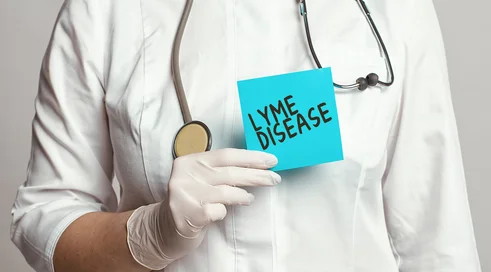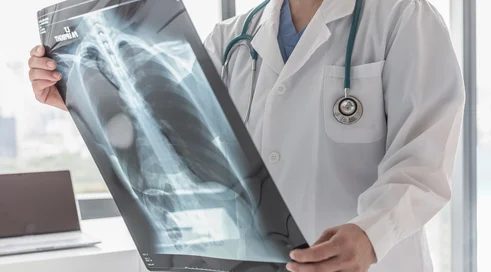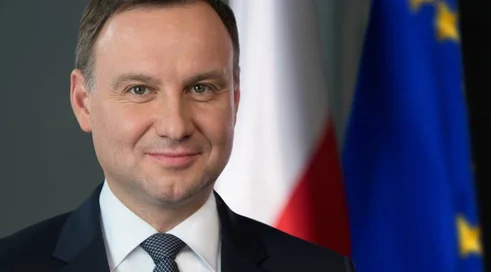In your opinion, how is the situation in child and adolescent psychiatry in Poland changing in recent years?
Over the past few years, developmental psychiatry is changing significantly. Our dreams of community-based care, which until now did not function at all in our country, are coming true. The number of facilities of the first level, i.e. those closest to our patient's place of residence, is already more than 400, while there are more than 150 at the second reference level. There is also a third reference level, in which inpatient units have entered. Care is divided according to the competence of the team. There is no psychiatrist in the first level. What we lack is a social campaign. There are still very often misconceptions in operation regarding, who to go to with a child who has a problem.
What is still worth dwelling on, in terms of challenges, is infrastructure. We have great, committed teams in many places, but many psychiatric wards and hospitals need dramatic changes. In psychiatry, especially child and ...
Content locked
To gain access to the complete English section of the Medexpress.pl, kindly reach out to us at [email protected].




